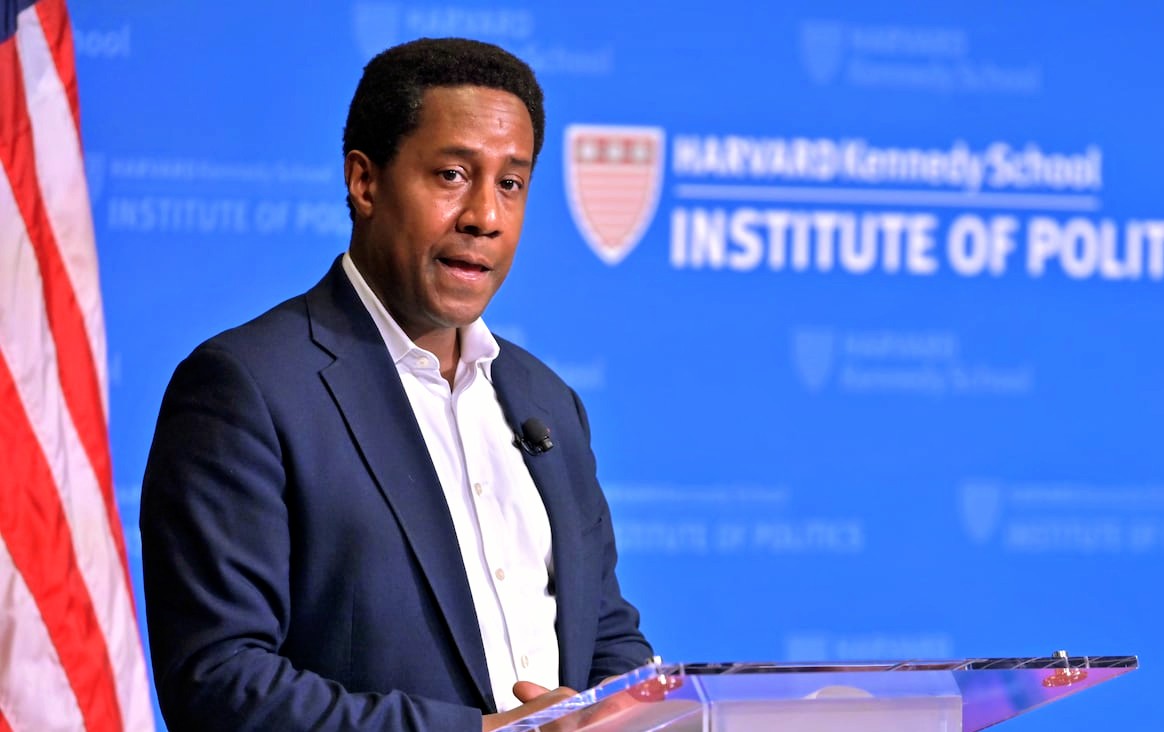Overview
| Full Name | Setti David Warren |
|---|---|
| Born | May 15, 1970 – Newton, Massachusetts, U.S. |
| Died | November 2, 2025 – Newton, Massachusetts (age 55) |
| Education | B.A., Boston College (1992); J.D., Suffolk University Law School (2007) |
| Occupation | Politician • Educator • Public Servant |
| Known For | First African-American mayor of Newton • Director, Harvard Institute of Politics |
| Military Service | U.S. Navy Reserve (Deployed to Iraq, 2007–08) |
| Family | Wife – Elizabeth Tasker “Tassy” Plummer • Children – Abigail and John |
Early Life and Education
Setti Warren was raised in Newton, Massachusetts, where civic values shaped his early ambitions. After earning a bachelor’s degree in political science from Boston College, he worked in Washington, D.C., for President Bill Clinton’s administration and later with FEMA, focusing on regional preparedness. He completed his law degree at Suffolk University Law School while balancing public-sector work.
Political Career Highlights
| Year(s) | Position / Event | Notable Actions or Results |
|---|---|---|
| 1990s | Staff, White House & FEMA | Supported community development and emergency response policy. |
| 2010–2018 | Mayor of Newton | Elected as Massachusetts’ first Black mayor; led on education, sustainability, and infrastructure renewal. |
| 2017 | Gubernatorial Bid | Announced candidacy for Massachusetts Governor; withdrew citing funding constraints. |
| 2022 (July) – 2023 (March) | Interim Director, Harvard IOP | Focused on civic leadership, bipartisan dialogue, and student engagement. |
| 2023 (March) – 2025 (November) | Director, Harvard IOP | Expanded student programs by 30% and launched Environmental Action & Global Affairs initiatives. |
Achievements in Numbers
| Area | Data / Metric | Impact Summary |
|---|---|---|
| Newton Schools Investment | $180 million capital plan (2015–18) | Improved facilities and classroom technology across 21 schools. |
| Carbon Reduction Goal | 30% emission cut by 2025 (target set 2013) | Positioned Newton among Massachusetts’ top green municipalities. |
| IOP Student Engagement | 900+ student participants (Spring 2024) | Highest level since Harvard IOP founded in 1966. |
| Public Service Fellowships | 200+ placements (2023–25) | Connected students with local and federal government roles. |
Leadership at Harvard
At the Harvard Kennedy School’s Institute of Politics, Warren promoted inclusive dialogue and non-partisan student initiatives. He often emphasized empathy and understanding across political lines. His direction reinvigorated student participation and modernized the Institute’s mission for a polarized era.
In 2024, the IOP recorded its largest application pool in a decade. Warren also brought diverse speakers—ranging from national leaders to grassroots organizers—to engage students in real-world policymaking.
Personal Philosophy
Warren’s leadership approach combined service, dialogue, and accountability.
“If we want to prepare the next generation for leadership, we must teach them to listen first,” he said in a 2023 interview.
His career reflected a belief that institutions thrive when they empower people through civic responsibility and public trust.
Legacy and Impact
Warren’s death at 55 leaves a measurable and moral legacy:
- Representation: Broke racial barriers in Massachusetts politics.
- Education and Youth: Strengthened Harvard’s civic programs and inspired thousands of students.
- Sustainability: Pushed for local climate solutions years before they became statewide priorities.
- Mentorship: Guided emerging leaders in both political and academic spheres.
Tributes from national and local figures—including Congresswoman Ayanna Pressley and Newton Mayor Ruthanne Fuller—honored his deep dedication to public life.
Data Summary
| Category | Lifetime Totals / Impact |
|---|---|
| Years in Public Service | 30 + years (1995 – 2025) |
| Major Public Roles | 5 (White House, FEMA, Mayor, IOP Director, U.S. Navy Reserve) |
| Awards & Honors | Multiple state and civic recognitions for leadership and public service |
| Published Essays / Talks | 20 + articles on governance, education, and leadership |
Closing Reflection
Setti Warren’s career tells a data-backed story of civic engagement grounded in measurable results and moral conviction. He blended quantitative progress—like budget reforms and program growth—with qualitative leadership rooted in empathy and equity.
Though his passing was sudden, the outcomes of his service remain visible in Newton’s city planning, Harvard’s renewed civic culture, and the many individuals he inspired to serve.


